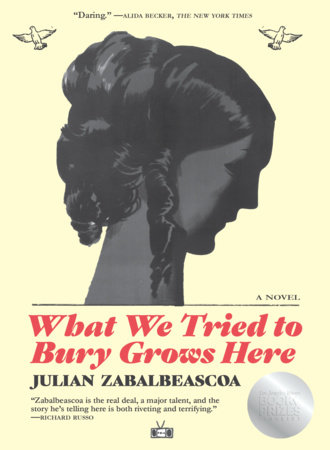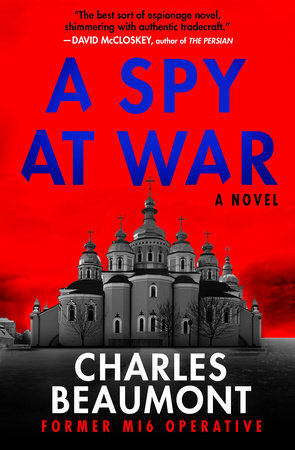“Anna Seghers was an admirable woman in many ways, but above all she was a remarkable humanist: she became a model of cultural resistance and ideological struggle who cut across borders, and who, still today, thanks to her work, transcends time and lives on in our memory. Anna Seghers’ novels don’t only recount stories of terror, escape, and oppression; they are a call to compassion and solidarity.” —Fernanda Melchor
“This novel, completed in 1942, is in my opinion the most beautiful Seghers has written. . . . I doubt that our post-1933 literature can point to many novels that have been written with such somnambulistic sureness and are almost flawless.” —Heinrich Böll
“Tranist belongs to those books that entered my life, and to which I continue to engage with in my writing, so much that I have to pick it up every couple years to see what has happened between me and it.” —Christa Wolf
“Transit is Seghers’ best full-length novel. And Transit may be the greatest Exilroman ever.” —Dialog International
“Anna Seghers in Transit has painted a grim and crowded picture of Marseille when it was still a port of possible escape for the fugitives of all Europe . . . [Transit’s] very air of confusion and blind groping is consonant with its theme . . . it is credible and arresting . . . there is an amazing variety and reality in event the least of the characters.” —Christian Science Monitor
“No reader will question the author’s sincerity as she strives to anatomize the refugee mind.” —The New York Times Book Review
“What makes Miss Seghers’s story so convincing is the human authenticity of her characters, and the masterly panorama of Vichy Marseille, that ‘tiny spigot through which the world flood of Europe’s fleeing thousands sought to pour.’ Often as that heart-choking picture has been drawn before, both in factual reports and fiction, Miss Seghers’s presentation will stir the reader’s imagination to its depth.” —The Saturday Review
“On its own, this story is an important untold story of the refugee situation in Second World War-era Europe, but in its own grappling with its allegorical nature, Segher transforms the book into a masterpiece. Seghers balances these two impulses in telling her story with an existential, theological layer. The situation of these refugees mimics the course of the human soul.” —Joe Winkler, Vol 1. Brooklyn

























